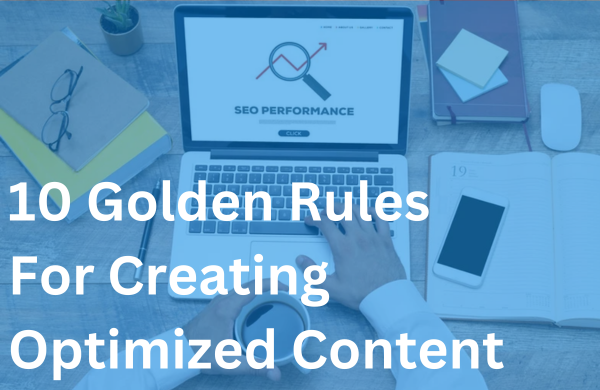In the digital age, the speed at which information travels and websites load can make or break a user’s online experience. As a result, search engines like Google have recognized the importance of site speed and loading times in determining search engine rankings. Use this blog as your guide to why site speed matters for SEO and how optimizing your website’s loading time can significantly improve your search rankings.
What Is Site Speed and How Is It Determined?
The concept of site speed is relatively straightforward. It refers to how quickly a webpage loads in a user’s browser. It is a critical component of user experience and plays a significant role in determining your website’s performance, particularly in terms of search engine rankings and visitor engagement. Research shows that 53% of mobile users leave website pages if they don’t load within three seconds.
Factors Determining Website Speed
Several factors contribute to determining website speed, including:
-
What is SEO? A Quick Overview
Search Engine Optimization (SEO), is a multifaceted digital marketing strategy aimed at enhancing your website’s visibility and ranking on search engine results pages (SERPs). It involves various techniques and practices designed to improve your website’s relevance and authority in the eyes of search engines like Google.
These techniques encompass optimizing on-page elements, such as keywords, meta tags, and content, as well as off-page factors like backlinks from authoritative websites. The ultimate goal of SEO is to increase organic, non-paid traffic to a website by aligning its content and structure with what search engines consider valuable, thereby improving its chances of appearing prominently in search results and reaching a broader audience.
How Does the Speed of Your Website Impact SEO?
The speed of your website has a profound impact on SEO:
- Google and other search engines consider user experience a critical factor for rankings, and slow-loading pages can result in lower search engine positions.
- Google’s algorithms prioritize mobile-friendly websites. Mobile loading speed is crucial for SEO in the mobile-first indexing era.
- Faster websites are more efficiently crawled, leading to better content visibility and, subsequently, higher rankings.
What are the Common Causes for Slow Websites?
There are several common factors that can contribute to slow website loading times. These include:
- Large images – high-resolution images and graphics that haven’t been properly compressed can significantly slow down your website.
- Excessive HTTP requests – A webpage makes HTTP requests for various resources like images, stylesheets, and scripts. If a page has too many requests, it can slow down loading times.
- Unoptimized code – Bulky and inefficient HTML, CSS, and JavaScript code can increase loading times.
- Lack of browser caching – Without browser caching, a user’s browser has to reload all of the website resources every time they visit, slowing down site speed.
- Server performance – Slower server response times can cause delays in loading web pages.
- Too many plugins – Having too many or poorly optimized plugins can slow down a website.
- Lack of CDNs – Increases the physical distance between the user and server, translating to longer load times.
Addressing these common causes for slow websites is crucial for enhancing user experience and improving SEO performance.
Tools You Can Use to Test Site Speed
There are several free online tools you can use to test your website’s speed. Here are a few of the most popular:
Slow Site Speed? What Should You Do?
If you are experiencing slow website speeds, the first step is to determine the cause(s) of the issue. Once you know the reason(s) behind slow website speeds, you can implement solutions to improve website load times. If you aren’t an SEO expert, it is advisable to seek the services of a trusted SEO expert with a proven track record of success.
Brillity Digital is the number one digital marketing agency, specializing in SEO. Every business is different, and your digital marketing strategy should be custom-tailored to your needs. Our team identifies and implements the key moves your business must take to get more traffic. If you’re ready to see steady growth, contact us today to learn more about how we can help you!





